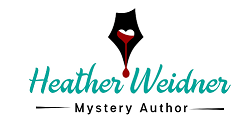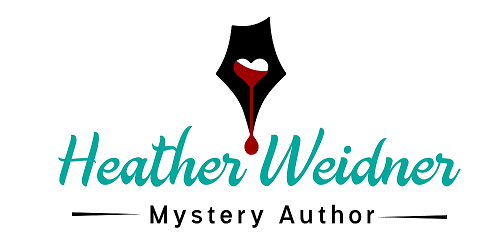Google Maps for Writers
/Writers, if you haven't used Google Maps or Google Earth to help you with your work's location, you're missing out on a valuable resource.
Maps - Use the mapping to get a view of your locale. I created a fictional town for a story near Charlottesville, Virginia. I used the map to find a great spot for it. I wanted it west of Charlottesville in a valley. Even though it's a made up location, I wanted real streets and highways in the surrounding areas.
The maps also provide local place names for color and charm. You can right-click on the map and access features like getting directions, locating sites, or measuring distances.
Satellite - Switch to the satellite view to see an aerial view. Google maps will also highlight historic sites, nearby attractions, and other businesses. You can quickly see driving routes and nearby locations. I love the bird's eye view.
Photos - Many locations have photos attached, and this provides you a visual of what the area or building looks like.
Street View - Many locations have the street view option. This gives you a three hundred and sixty degree view of the surroundings. This is helpful if you haven't been to an area or aren't familiar with the terrain.
My writer friend used this feature to find a good location, just off an interstate for a murder scene in her book.
I've set stories in nearby cities, and I use this feature to find neighborhoods that match my story. Plus, you can add realism by including true locations or street names. This feature gives you a good look at the flavor and style of the neighborhood.
If I'm planning a murder or a horrific crime in a story, I don't use a real location. I make it up, but this feature helps me find neighborhoods that fit my imagination.
You can also see the date (month and year) of the image in Street View. The date appears in the status bar at the bottom, so you can tell how old the image is.
This is one of my go-to resources when I'm plotting a story and looking for a setting.




















